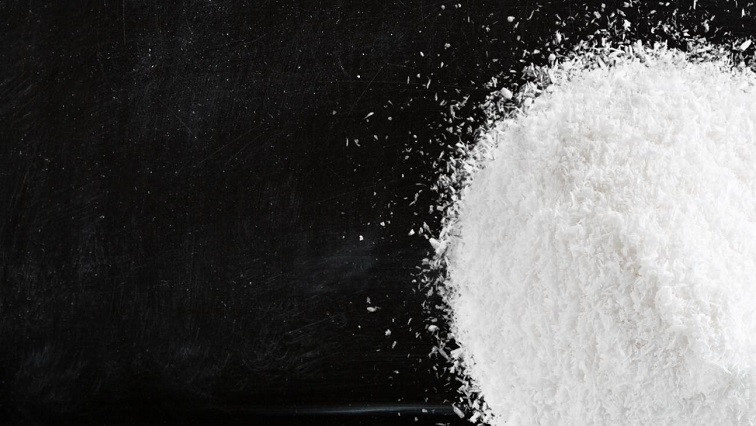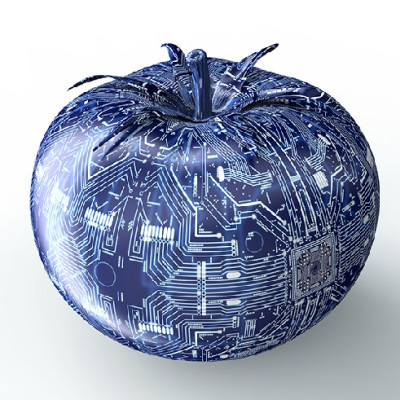In 2016, the EFSA re-evaluated the safety of E171 and controversially concluded there was no clear evidence confirming the food additive was carcinogenic or genotoxic. At that point in time a small, but growing, body of research was beginning to indicate the possible health dangers of titanium dioxide may be amplified when it enters a human body in the form of nanoparticles (particles less than 100 nm in diameter).
In 2015, Dunkin’ Donuts announced it was removing titanium dioxide from all its food products in the United States following pressure from public advocacy groups. And a few years later, at the beginning of 2020, France became one of the first countries in the world to broadly ban the food additive.
The EFSA’s 2016 assessment cited the need for more research into the health effects of E171, and over the subsequent years a large number of studies were published. The new research particularly focused on the novel health effects of nanoparticles.
Maged Younes, Chair of the EFSA’s panel re-evaluating the food additive, says there are still uncertainties in the research but concerns over genotoxicity cannot be ruled out, leading to the panel’s ultimate reclassification of the food additive.
“Taking into account all available scientific studies and data, the Panel concluded that titanium dioxide can no longer be considered safe as a food additive,” says Younes. “A critical element in reaching this conclusion is that we could not exclude genotoxicity concerns after consumption of titanium dioxide particles. After oral ingestion, the absorption of titanium dioxide particles is low, however, they can accumulate in the body.”
E171 is primarily used as a whitening agent in food products and can be found in hundreds of processed foods, including chewing gum, mayonnaise, confectionary, and ice cream.
The new EFSA classification does not lead to an immediate ban of the food additive in the European Union (EU), however, the advice does traditionally lead to regulatory actions by the European Commission and its member states.
Stella Kyriakides, the European Commissioner for Health and Food Safety, has already stated on Twitter that a complete ban on the use of E171 in the EU will be proposed as soon as possible.
The full EFSA safety assessment was published in the EFSA Journal.
Read the original article on New Atlas.







